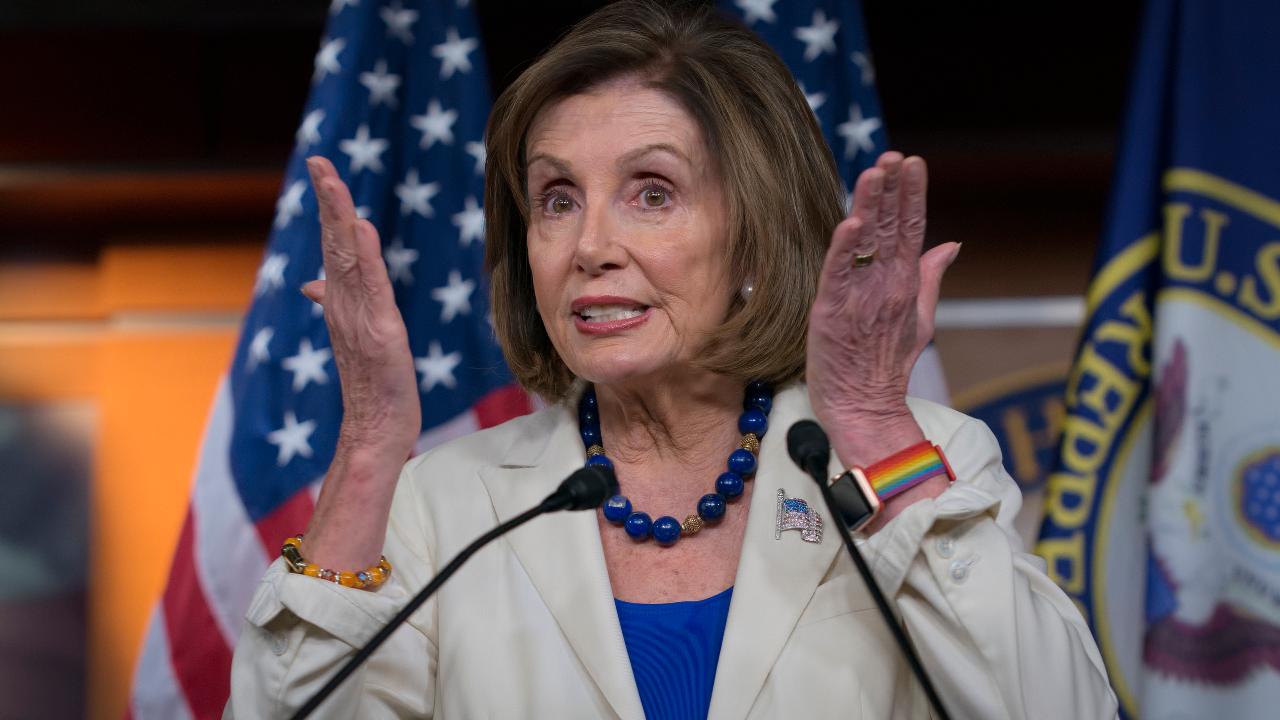TechNet CEO Linda Moore: USMCA offers necessary, modernized reset for trade – It deserves bipartisan support
A lot has changed in our economy in the last 25 years, but our trade policies have not kept pace.
I worked in the Clinton White House when the North American Free Trade Agreement (NAFTA) was enacted in 1994. Telegrams were still common for personal and business communications, emails were just beginning to take off as a form of communication and messaging apps were more than a dozen years away from being created.
Obviously, a lot has changed in our economy in the last 25 years, but our trade policies have not kept pace. Congress now has a golden opportunity to change that – not only to modernize and expand cross border commerce, but also to fix some of the key criticisms leveled against NAFTA by members of Congress in both parties over the past two decades. Democrats and Republicans alike should seize this opportunity for a modernized reset and approve the United States-Mexico-Canada Agreement (USMCA).
DEMOCRATS STILL NEGOTIATING ON USMCA ENFORCEMENT: PELOSI
Our trade relationship with Canada and Mexico is vital to our economy across the board. Not only are more than 12 million jobs in the U.S. supported by trade with the two countries, but they are also indispensable export markets. While the U.S. exports to 75 countries around the world, Mexico and Canada are our top two trading partners, accounting for nearly 30 percent of total trade. The USMCA is an opportunity to maintain this critical partnership while also modernizing it to reflect the past 25 years of transformative technological advances.
It is impossible to overstate technology’s impact on our economy today. In 2018, tech employed 11.8 million people in the U.S. and contributed $1.8 trillion to our economy. For most states, technology products and services are either the top export to Mexico and Canada, or near the top. For the first time in a U.S. free trade agreement, the USMCA would implement a chapter on digital trade, which will help propel all sectors of our economy even further and usher in necessary rules of the road.
Back when NAFTA took effect in 1994, technology was thought of as an industry of computers. Now, it is evolving every day with cloud computing, artificial intelligence, online marketplaces, and other innovations. As a result, tech is ingrained in every sector of the U.S. economy — from retail to agriculture, to the street vendors processing payments using their smartphones. Selling to customers outside the U.S., once something reserved for large corporations only, is now just a few clicks away for entrepreneurs and businesses of all sizes.
TRADE TRIFECTA: USMCA, JAPAN AND NOW CHINA
Ensuring this free flow of data is critical to the success of the economy, as trade in digital services is growing faster than traditional goods and services trade. A key way the USMCA’s digital chapter would enhance the movement of data across borders is by preventing all three countries from setting their own unique rules when it comes to how and where data is stored — known as data localization practices. Without this change, economic growth would be hampered by barriers to accessing and sharing data, making it much more expensive for businesses to operate in foreign markets. Prohibiting these practices is essential to ensuring businesses and consumers in the U.S., Mexico, and Canada can easily connect.
The impact of the digital trade chapter extends to industries beyond the technology sector. The agriculture and food industry, for example, has increasingly turned to technology to help with food safety and growing food, and these aspects of the industry will benefit from provisions in the digital trade chapter that ensure free data transfers between countries, according to the U.S. International Trade Commission. Likewise, the handling of data is critical to manufacturing, as connected devices and other smart manufacturing tools that help with servicing products and security rely on data flows.
GET FOX BUSINESS ON THE GO BY CLICKING HERE
Altogether, the USMCA’s strong rules to eliminate digital trade barriers, improve market access, protect American intellectual property, facilitate cross-border data flows, prevent localization requirements, modernize customs systems, eliminate customs duties on digital products, and enhance cybersecurity make it an agreement worthy of strong bipartisan support in the U.S. Congress.
The United States’ economy and its trade relationship with Canada and Mexico are intrinsically linked to technology, and it is clear we all stand to benefit from the significant progress USMCA would make in promoting digital trade.
We encourage all policymakers to bring our trade policies into the 21st century by passing the USMCA this fall.
Linda Moore is the president and CEO of TechNet, the national, bipartisan network of technology CEOs and senior executives that promotes the growth of the innovation economy.




















